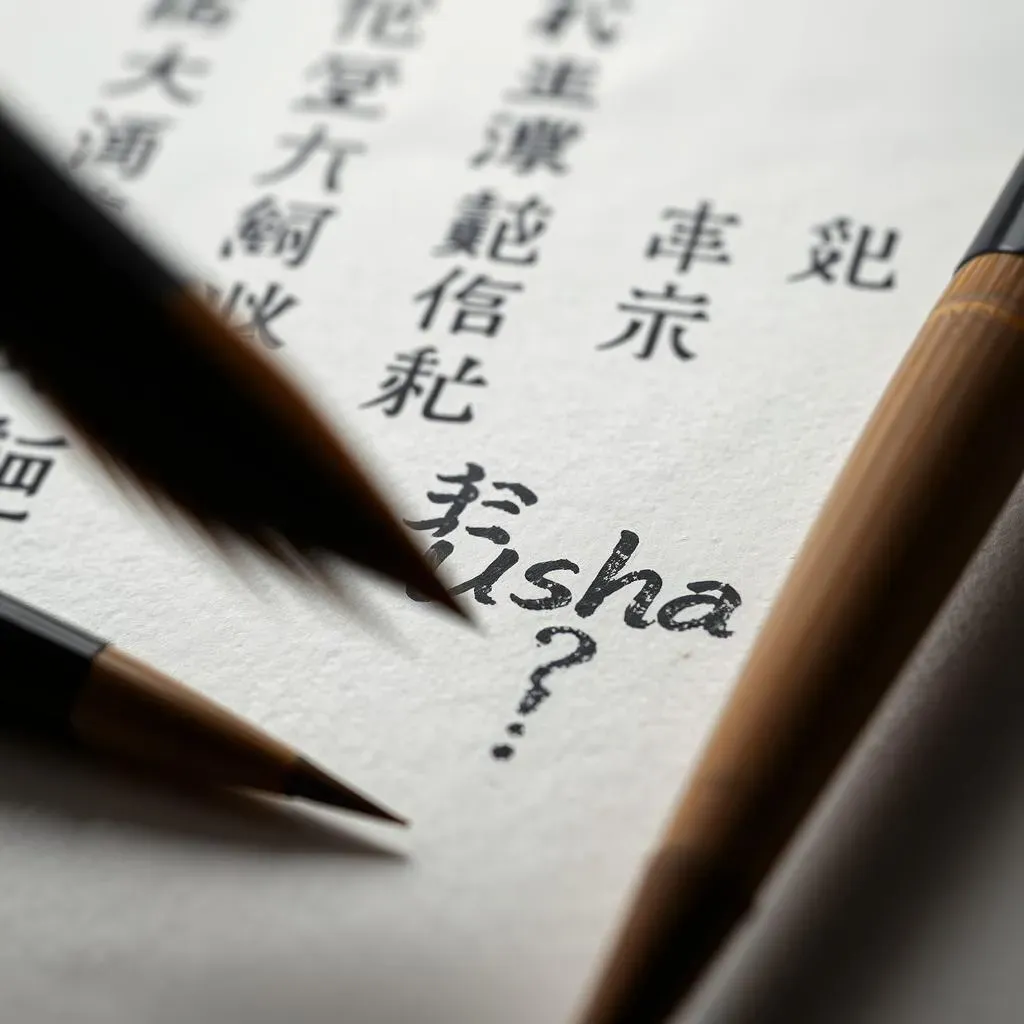Table of Contents
Ever stumbled upon the name "Usha" and wondered, "what does Usha mean in Japanese?" It's a fair question! While "Usha" might sound familiar, especially if you know names from other cultures, its place in Japanese language and culture is a bit more nuanced. Is it a common name? Does it have a direct translation? Or is there more to uncover about this intriguing word when viewed through a Japanese lens? This article is your guide to unraveling the mystery of "Usha" in Japanese. We'll break down how "Usha" can be represented in Japanese writing systems – Katakana, Hiragana, and Romaji – and explore potential Kanji spellings to understand the deeper meanings they might carry. We'll also delve into whether "Usha" is actually used as a Japanese name and consider if it holds any other significance beyond just a name. Ready to decode "Usha" and its connection to Japanese? Let's dive in and explore!
Decoding Usha: What Does Usha Mean in Japanese?
Decoding Usha: What Does Usha Mean in Japanese?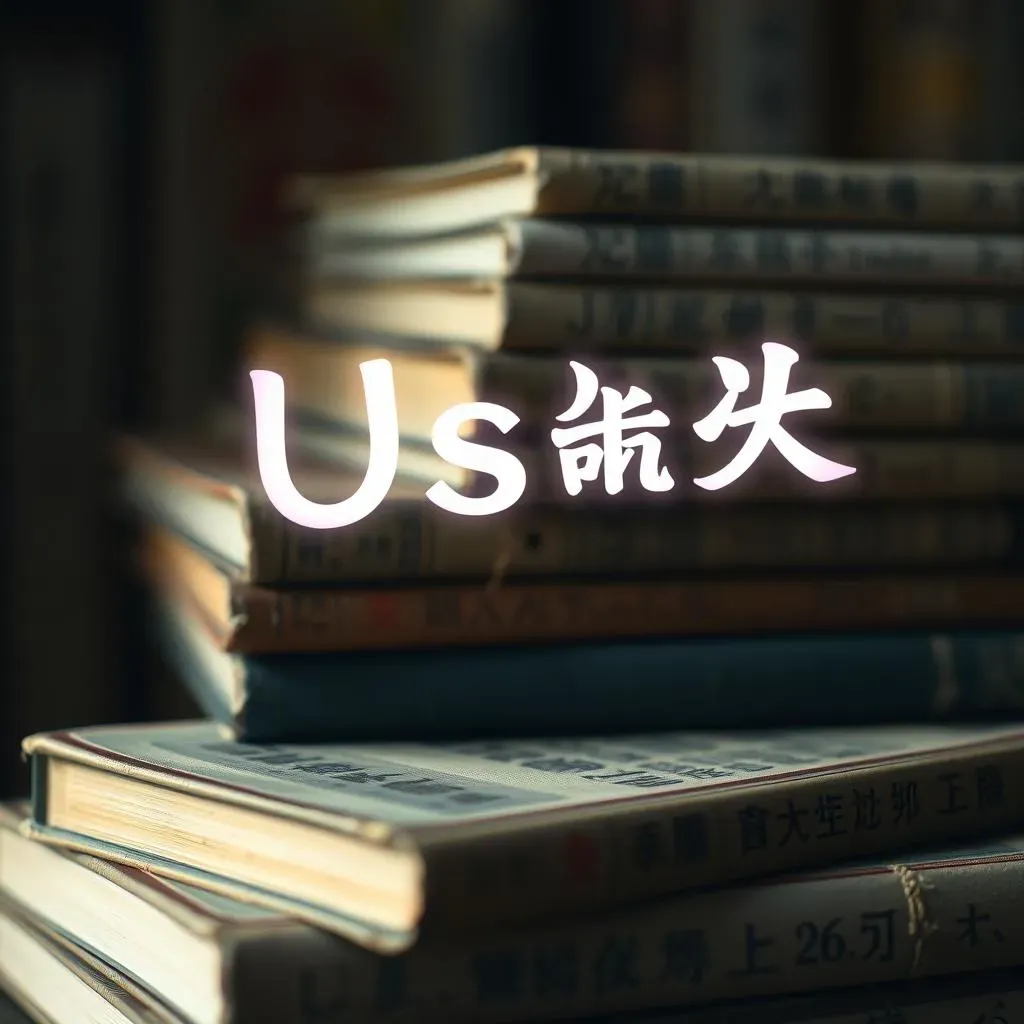
Alright, let's get straight to it: you're asking, "what does Usha mean in Japanese?" The truth is, "Usha" isn't a word you'll typically find popping up in your Japanese dictionary with a neat, pre-packaged definition. It's not like asking about the meaning of "sakura" (cherry blossom) or "konnichiwa" (hello). Think of it this way, languages borrow and adapt, and sometimes, names especially, can travel across cultures without carrying a direct, literal translation in the new language. So, in the strictest sense, "Usha" doesn't have a standard, recognized meaning *in* Japanese as a common noun or verb. But that's just the starting point of our little linguistic adventure, not the end!
Usha in Japanese Writing: Katakana, Hiragana, and Romaji Explained
Usha in Japanese Writing: Katakana, Hiragana, and Romaji Explained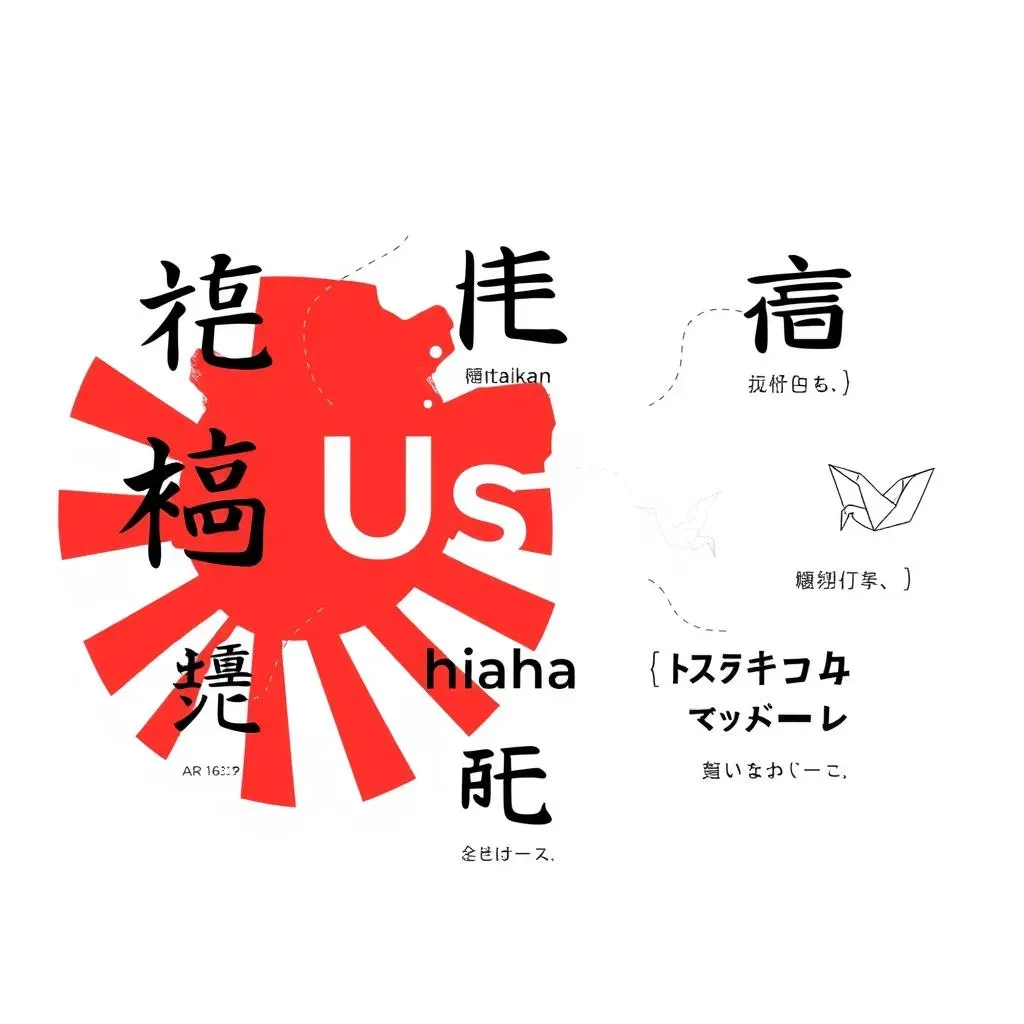
so "Usha" might not have a direct Japanese meaning, but how *would* you write it if you wanted to write "Usha" in Japanese? Japanese writing is cool because they don't just use one alphabet like we do. They've got a few! For foreign words, or words borrowed from other languages – which "Usha" would likely fall under – they primarily use katakana. Think of katakana as the go-to script for writing words that originated outside of Japan. So, "Usha" in katakana? It would be written as ウシャ. Pretty neat, right? Now, you might also see Japanese words written in hiragana, which is another phonetic script, but hiragana is generally for native Japanese words. You *could* technically write "Usha" in hiragana as うしゃ, but it's less common and looks a bit less... "foreign word-y," if that makes sense. Then there's Romaji, which is just writing Japanese out using our regular English alphabet. "Usha" in Romaji is, well, just "usha". Easy peasy!
Kanji for Usha: Unpacking the Meanings and Symbolism
Kanji for Usha: Unpacking the Meanings and Symbolism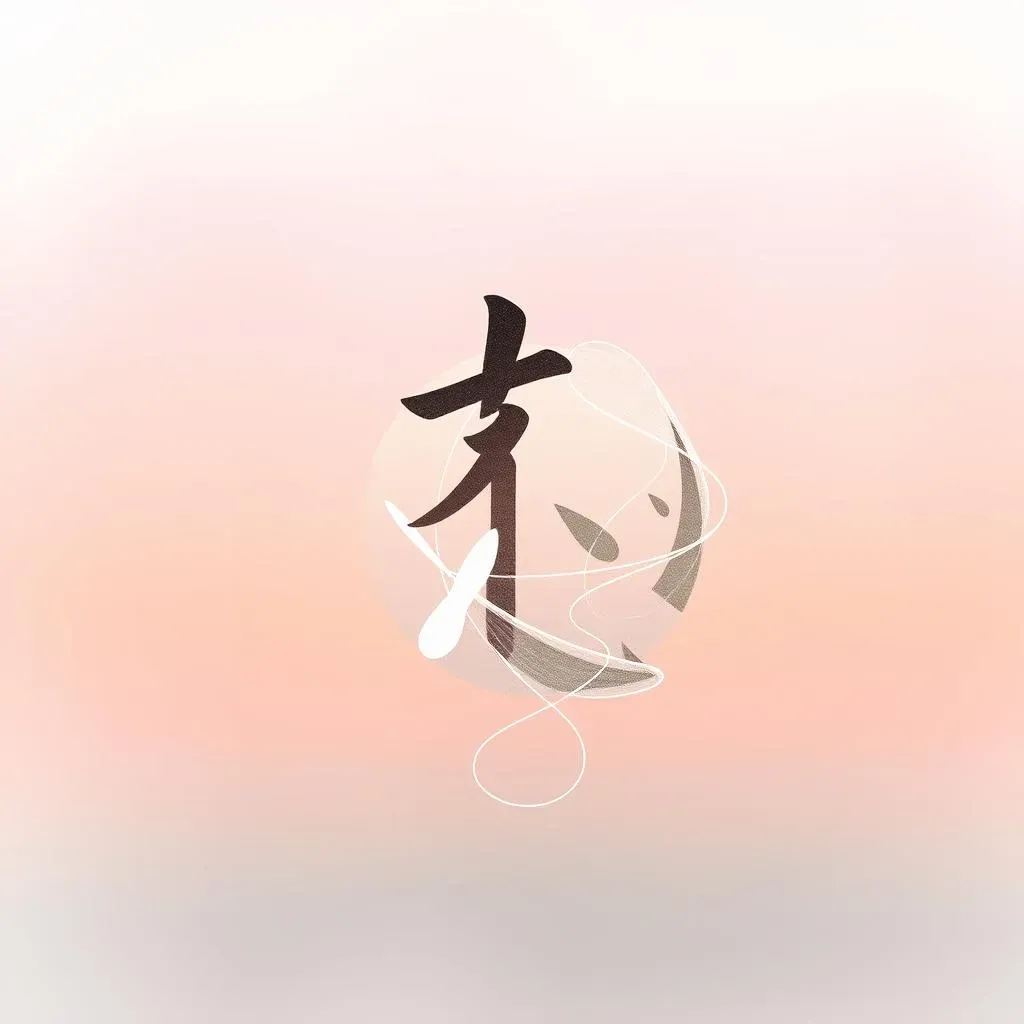
Finding Kanji for 'Usha': Where Do We Start?
so "Usha" as ウシャ is just sounds, right? But this is where Kanji comes in and things get interesting! Japanese Kanji are these beautiful, complex characters borrowed from Chinese, and each one carries its own meaning, sometimes multiple meanings! Even if "Usha" isn't a traditional Japanese word, if we *wanted* to write it using Kanji, we could totally pick characters that sound like "U-sha" and have cool meanings that maybe resonate with the name "Usha" in other cultures, or just sound nice. It's like giving the *sound* "Usha" a visual and symbolic layer in Japanese. Think of it as a creative, almost artistic interpretation.
Possible Kanji Combinations for Usha and Their Potential Meanings
Let's brainstorm some Kanji options for "Usha." The "U" sound, or ウ sound, could be represented by Kanji like 卯 (u), which means "rabbit" – cute, right? Or maybe 宇 (u), meaning "universe" or "house." For the "sha" sound, or シャ sound, we could look at 紗 (sha), which refers to "thin silk" or "gauze" – delicate and elegant! Or how about 射 (sha), meaning "shoot" or "shine"? If we combine 卯 (u - rabbit) and 紗 (sha - thin silk), we get 卯紗. "Rabbit silk"... kinda poetic, in a way! It's not a standard word, but see how putting Kanji together can create a feeling or image?
Kanji | Reading (Romaji) | Meaning | Possible Combination for "Usha" |
|---|---|---|---|
卯 | u | Rabbit (Chinese zodiac) | 卯紗 (Usaha) - Rabbit Silk |
宇 | u | Universe, House | 宇紗 (Usaha) - Universe Silk |
紗 | sha | Thin silk, Gauze | 卯紗 (Usaha) - Rabbit Silk |
射 | sha | Shoot, Shine | 卯射 (Usha) - Rabbit Shine |
The Art of Kanji Choice: Meaning Beyond Direct Translation
It's important to remember, when we're picking Kanji for a name like "Usha," we're not necessarily aiming for a direct translation, because, again, "Usha" isn't originally a Japanese word. Instead, it's more about finding Kanji that sound similar and whose meanings add a layer of depth or desired nuance to the name when written in Japanese. The choice of Kanji is often subjective and depends on what kind of feeling or image you want to evoke. Want a gentle, nature-inspired "Usha"? Maybe 卯紗 (rabbit silk) works. Want something grander? 宇紗 (universe silk) could be interesting. It’s like naming a character in a story – you pick names that fit their vibe, right? Same idea here, but with Kanji!
Is Usha a Common Japanese Name? Exploring Cultural Context
Is Usha a Common Japanese Name? Exploring Cultural Context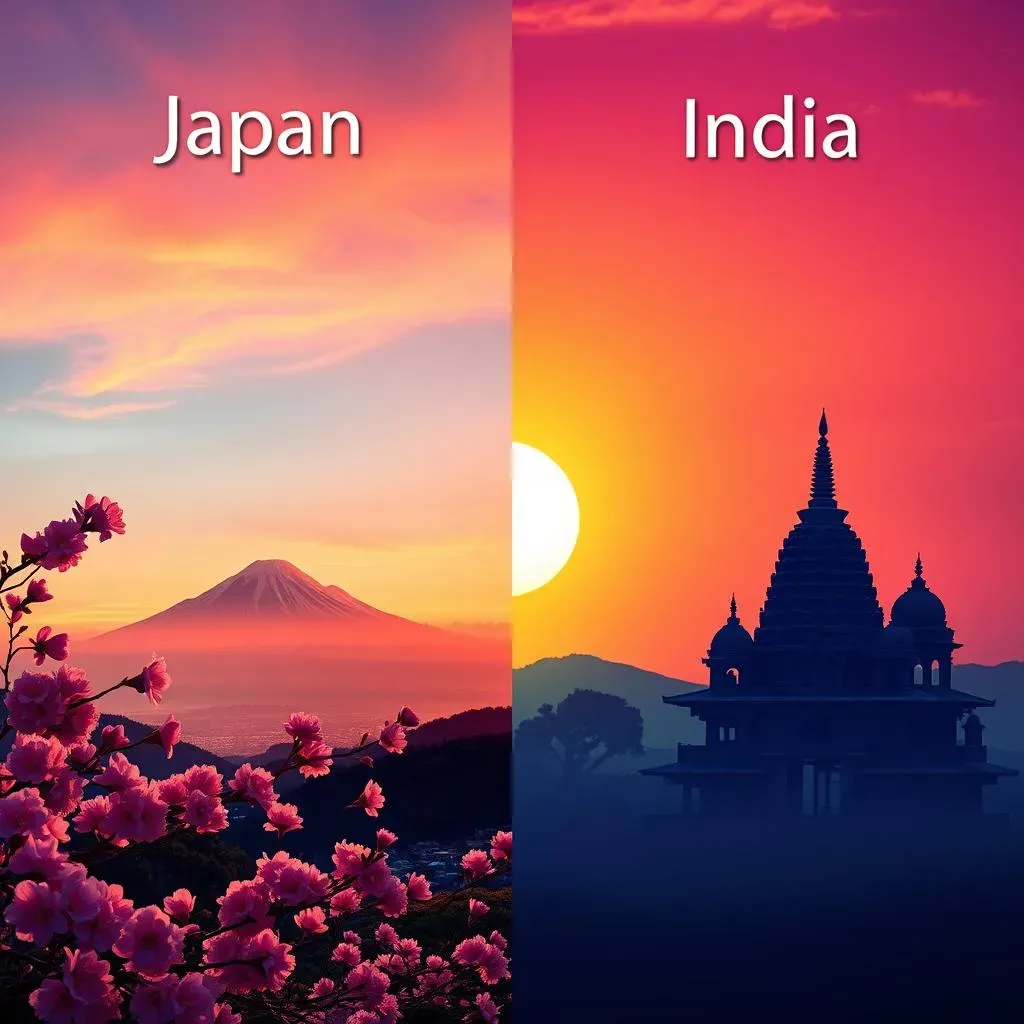
"Usha" - Not Exactly a Household Name in Japan
So, we've figured out how to *write* "Usha" in Japanese, but is it actually a name you hear floating around in Tokyo or Kyoto? Short answer: not really. "Usha" isn't what you'd call a common Japanese name, not in the way "Yuki" (snow) or "Haruki" (spring tree) are. If you were to meet someone named "Usha" in Japan, chances are they or their family have connections outside of Japan. Think of it like encountering someone named "Sunshine" – it's a lovely word, but not a typical name you'd expect to hear every day, right? Japanese names often have deep roots in Japanese history, nature, or traditional values, and "Usha," with its likely origins elsewhere, just doesn't fit into those established categories.
Tracing "Usha"'s Roots: India and Beyond
Where *does* "Usha" come from then, if not Japan originally? Well, "Usha" is actually a beautiful and meaningful name with origins in Sanskrit, an ancient language of India. In Sanskrit, "Usha" (उषा) means "dawn." Isn't that lovely? It's a name deeply embedded in Hindu culture and mythology, often associated with the goddess of dawn. "Usha" is a fairly common and well-recognized name in India and among people of Indian heritage around the world. So, while it's not Japanese in origin, "Usha" carries its own rich cultural weight. It’s fascinating how names travel and carry stories across different parts of the world!
Name | Japan (Commonality) | India (Commonality) |
|---|---|---|
Usha | Rare | Common |
Yuki | Common | Rare |
Haruki | Common | Rare |
Using "Usha" as a Name in Japan: Cultural Considerations
Now, could someone *in* Japan be named "Usha"? Absolutely! Names are personal, and people choose them for all sorts of reasons. If parents in Japan wanted to name their child "Usha," perhaps drawn to its beautiful meaning of "dawn" or its international flair, they certainly could. However, it's worth being aware of the cultural context. A Japanese person named "Usha" might find themselves explaining their name's origin more often than someone with a more traditional Japanese name. It might be perceived as exotic or unusual, which isn't necessarily negative, but it's something to consider. Ultimately, name choice is deeply personal, and while "Usha" isn't a typical Japanese name, its beauty and cross-cultural appeal might just make it a unique and meaningful choice for some.
Beyond a Name: Are There Other Meanings for "Usha" in Japanese?
Beyond a Name: Are There Other Meanings for "Usha" in Japanese?
"Ushaaaa!" - Sound Effects and Exclamations?
so we've established "Usha" isn't your everyday Japanese word with a dictionary definition, and it's definitely not a super common Japanese name. But hold on a sec – you might actually hear something *like* "Usha" in Japanese, especially if you're watching anime or listening to Japanese speakers! Think about those moments when someone's yelling or making a sound effect. Sometimes you hear something that sounds kinda like "Usha!" or "Ushaaa!" with a drawn-out vowel. Is *that* "Usha" with a secret meaning?
Onomatopoeia and Exclamations: Deciphering the "Usha" Sound
Well, it's less about a hidden meaning and more about how Japanese uses sounds. Japanese is famous for its onomatopoeia – words that imitate sounds – and also for its expressive exclamations. That "Ushaaa!" you might hear? It could be a shout of effort, like when someone's powering up in a video game or really straining to lift something heavy. It's like a pumped-up "Urgh!" or "Heave-ho!" in English, but with a Japanese flavor. It's more about the *feeling* and the sound than a specific word with a definition you can look up. Think of it as sound effect language!
Think of these examples:
- Someone lifting a heavy box: "Ushaaa! (頑張るぞ!- Ushaaa! Gotta do my best!)"
- A character powering up for a special attack in a game: "Ushaaaa!!!" (accompanied by flashing lights and dramatic music, naturally)
Context is King: Hearing "Usha" in the Wild
So, if you hear something that sounds like "Usha" in Japanese, pay attention to the context! Is someone yelling? Are they exerting themselves? Is it part of a sound effect in some media? Chances are, it's not "Usha" the name or "Usha" with a hidden dictionary meaning. It's more likely a vocalization, an exclamation, or even just a sound effect that happens to sound a bit like "Usha" to our English-speaking ears. Language is fun like that, isn't it? Sometimes sounds just sound like other sounds across different languages, even if they don't have a direct link in meaning!
Wrapping Up: Usha in Japanese - More Than Meets the Ear?
So, we've journeyed through the writing systems, Kanji possibilities, and cultural context surrounding "Usha" in Japanese. While "Usha" itself may not have a deeply rooted, traditional meaning within the Japanese language, we've seen how it can be represented and potentially interpreted through Kanji. It's a reminder that language is fluid and names especially can carry diverse meanings depending on the cultural lens. Perhaps "Usha's" intrigue lies not in a singular, definitive Japanese meaning, but in the blend of sounds and potential interpretations it evokes. Ultimately, "what does Usha mean in Japanese?" might not have one simple answer, but exploring the question opens up a fascinating glimpse into the nuances of language and naming across cultures.
